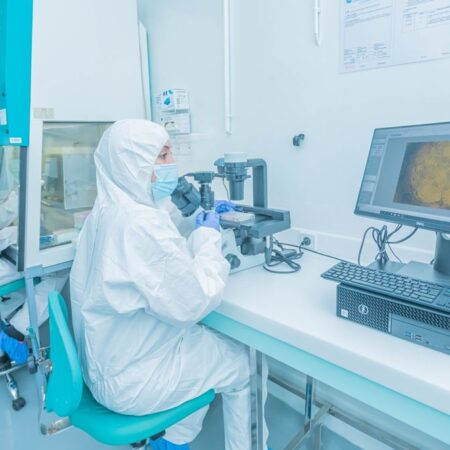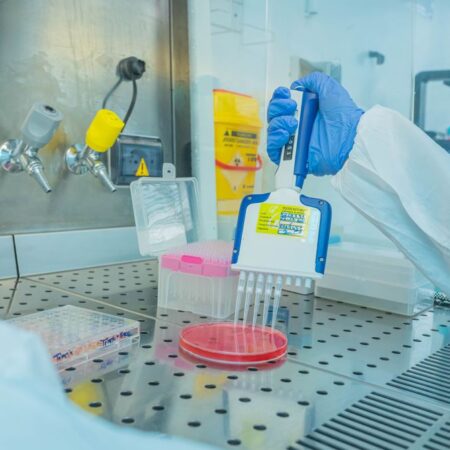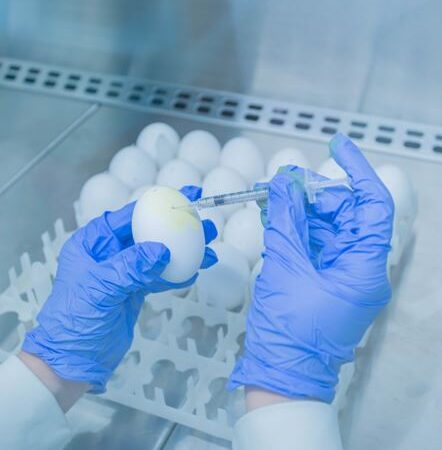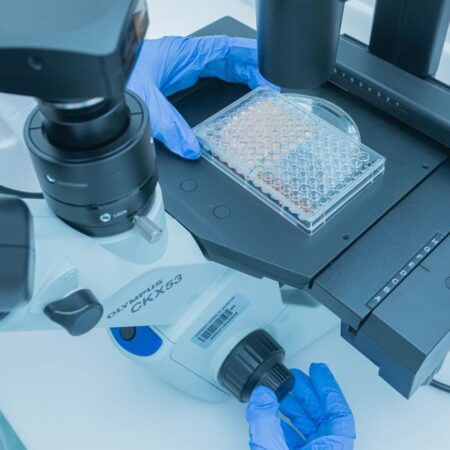DIAGNOSTIC
BIOPHARMA
Diagnosis and prevention of livestock diseases, serving veterinarians, breeders, and individuals.
The proactive approach of BIOPHARMA in the diagnosis and prevention of animal diseases has been instrumental in enabling veterinary health authorities to swiftly respond and contain the progression of epizootics in the field.




Notable instances of early diagnosis include African Horse Sickness in 1990, West Nile fever in 1996, 2003, and 2010, Blue Tongue and Epizootic Haemorrhagic Disease of cattle in 2004 and 2006, and Peste des Petits Ruminants in 2008.
By promptly identifying these infectious diseases through advanced techniques such as real-time PCR, BIOPHARMA has empowered health authorities to take proactive measures, preventing the introduction and spread of these diseases within the national territory.
During the global crisis surrounding the emergence of avian influenza (bird flu) in 2005, BIOPHARMA played a crucial role in national disease monitoring efforts. Utilizing techniques like real-time PCR, the company ensured rapid diagnosis, allowing health authorities to implement pre-emptive measures to prevent the introduction of avian influenza into the country.
BIOPHARMA’s swift and accurate diagnostic capabilities have been pivotal in safeguarding public health and the poultry industry against the threat of avian influenza.
Moreover, BIOPHARMA has significantly contributed to serological surveys, particularly in the analysis of exotic contagious diseases either introduced into Morocco or at risk of introduction. Diseases such as foot-and-mouth disease, African Horse Sickness, West Nile fever, Peste des Petits Ruminants, Camelpox, and Rift Valley Fever have been the focus of serological surveillance efforts, with BIOPHARMA’s expertise playing a crucial role in disease detection, monitoring, and control strategies. Through its collaboration with veterinary health authorities, BIOPHARMA has strengthened Morocco’s capacity to combat animal diseases, protect livestock health, and safeguard public health interests.

